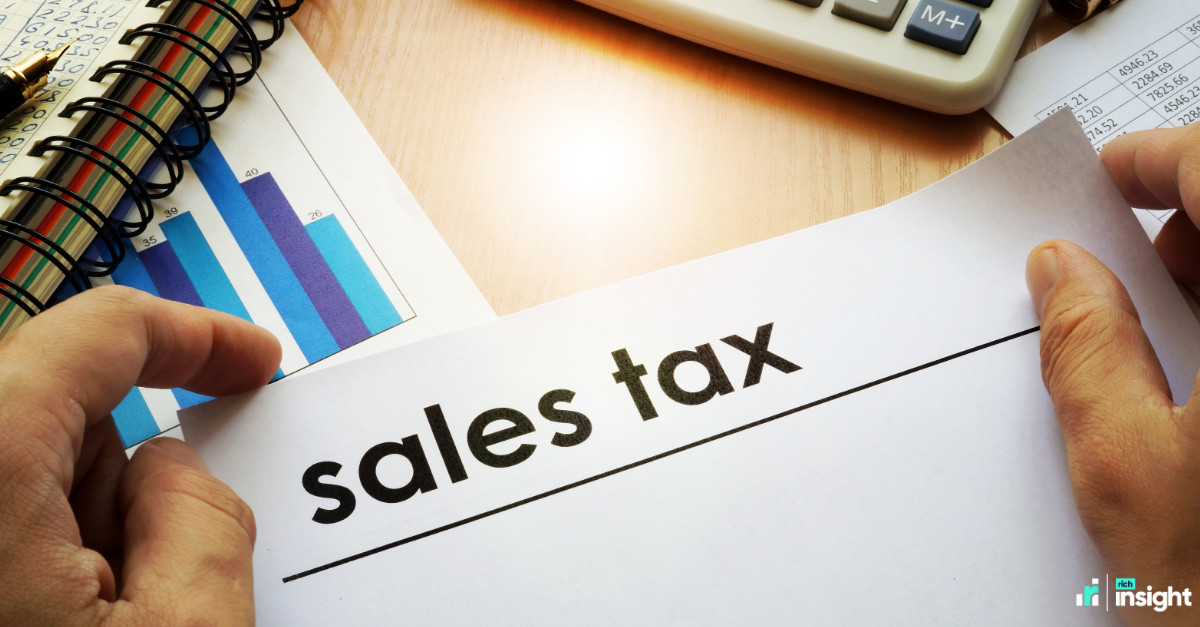From high street stalwarts like Debenhams and Superdrug to retail park goliaths like B&Q and the The Range, more and more established UK brands are setting up online marketplaces with the UK’s biggest supermarket, Tesco, the latest to get in on the act.
For these trusted brands, the marketplace move makes commercial sense with 51% of UK consumers preferring to buy from online marketplaces compared to just 24% for traditional brand websites. But should third-party sellers follow suit and join them?
Here are the key benefits of selling on marketplaces set up by established UK brands.
Fast-growth
Given the UK is the world’s third largest ecommerce market with a wide range of online marketplaces racking up millions of monthly views, new marketplace entrants face a highly competitive market. But established UK brands are leveraging their loyal customer base and well-known name to generate impressive growth stats straight away.
For example, B&Q established its marketplace (diy.com) in 2022. By the end of 2023, the B&Q marketplace had generated 320 million annual visits and £154 million in gross sales, accounting for 38% of B&Q’s total online sales. Meanwhile, The Range’s recent growth of 7% per year is second only to Amazon in the UK. In other words, you can piggyback on this fast-growth by signing up to these platforms as an early adopter and take advantage of less competition.
Loyal customer base
The number one reason for selling on a new marketplace is reaching new customers (40%), according to Packhelp’s Sellers Expectations for Marketplaces 2024. But established UK brand marketplaces don’t just offer new customers - but loyal customers. By aligning your products with these trusted businesses, you not only gain access to a solid customer base, but indirectly enhance the credibility of your brand and products too.
For instance, Debenhams built up huge brand recognition during its almost 250 years on the UK high street with many following the brand online after the closure of its physical stores. It now receives over 5 million monthly visits from a wide range of customers aged 16-65 across multiple product categories (and is particularly popular for skincare and make-up).
Large marketing budgets
Marketing on marketplaces can be expensive, especially with the rising cost of pay-per-click (PPC) on Amazon. But established UK brands have large marketing budgets, which drive traffic to its marketplace, and therefore its third-party sellers’ products, free of charge.
For example, Superdrug’s marketing efforts saw the company’s mass market share hit a 10-year high earlier in 2024 and its marketplace sellers benefit from Superdrug’s ongoing marketing battle to be the UK’s largest health & beauty retailer. Instead of competing against health & beauty brands directly through Google Ads, if you sell on Superdrug marketplace you also benefit from considerable on-site marketplace promotion with your marketplace products coming up in searches made on the Superdrug site.
Efficient logistics and data insights
Fulfilment options are one of the main dividing lines in the marketplace sphere: the likes of Amazon offer a full ‘hands off’ approach while newcomers like Tesco Marketplace require third-parties to fulfil orders for their products themselves. However, if you sell on marketplaces set up by established UK brands, you can leverage their logistics prowess and operational insights.
For instance, retail analyst Jonathan De Mello told Thisismoney that Tesco Marketplace sellers will have access “to a wealth of data” that only Tesco can provide. “They will know what's selling and what to provide more of, where the margins are, and how to look at promotions.”
Grow through new marketplaces
If you’re looking to grow your annual revenue, diversifying your marketplace presence is essential and platforms set up by established UK brands have a lot to offer. But setting up new marketplaces can be challenging (that’s why two in five e-sellers sell on just one marketplace and only 16% sell on three or more marketplaces).
Far too often, sellers choose the wrong marketplace strategy for their products or try a channel half-heartedly. If you want the best results, get in touch with us to find out which channel is best-suited to you.





Blog Comments